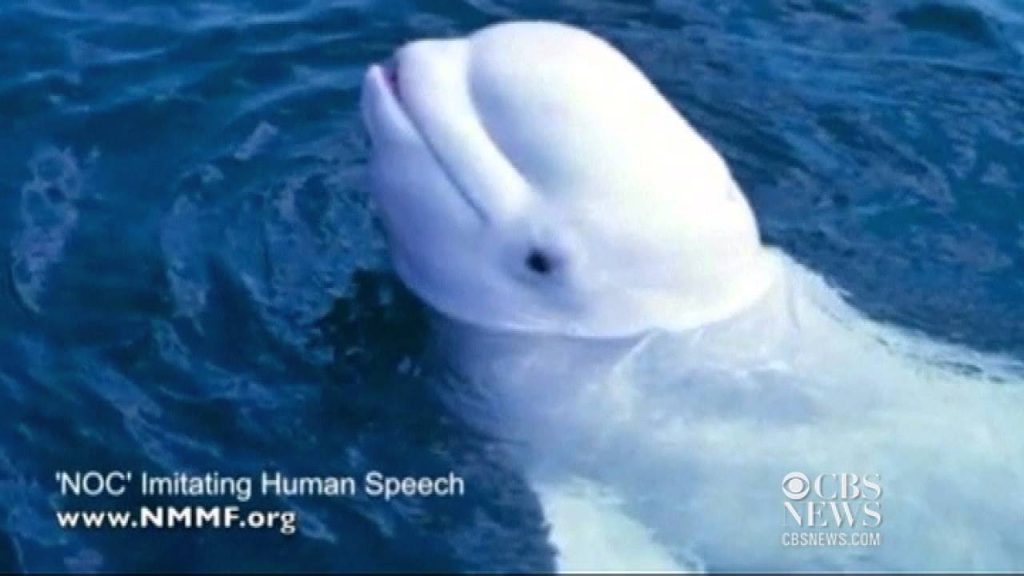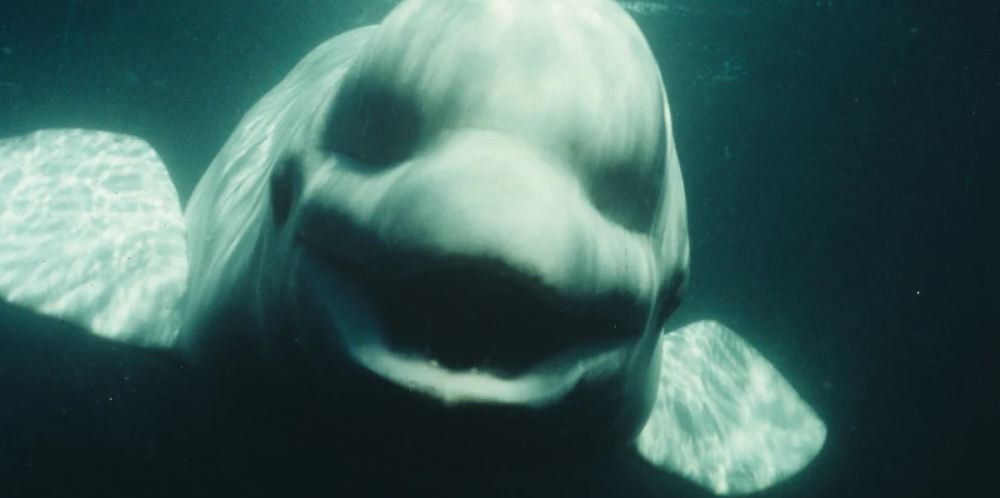A resurfaced video from 2012 has viewers recoiling in disbelief. In it, a beluga whale appears to mimic human speech in a strangely lifelike way, causing widespread unease rather than amusement.
Unexpected Mimicry: Creepy or Curious?
Hearing a marine mammal produce sounds suspiciously similar to human voice is unsettling. Belugas, though typically dubbed “cute and friendly” by news anchors, sparked far from affectionate responses online. One viewer commented, “pulls up the bloody terrifying beluga whale picture basically saying ‘I will consume your soul’,” while another noted the dissonance: “The female reporter: ‘He looks kinda friendly.’” For many, it felt more chilling than charming.

Why Does It Sound So Human?
Observers attempted to rationalize the phenomenon. A common theory points to belugas often hearing humans underwater—such as divers speaking through scuba gear—which distorts and filters speech. As one commenter put it, “If you’ve ever gone swimming and tried to talk, it sounds exactly like that”. Essentially, the whale may be mimicking the garbled, echoing human speech it has heard.
Belugas and Vocal Mimicry: Science Speaks
This eerie clip isn’t an isolated quirk—belugas have a documented history of mimicking human speech patterns. The most famous case is “NOC,” a captive beluga studied by researchers. In 1984, NOC startled a diver by seemingly urging him to “get out!” After that, researchers recorded his remarkable vocalizations, which were distinctly human-like in rhythm and tone. Unlike humans, belugas don’t use vocal cords. Instead, they manipulate air through nasal structures—particularly the vestibular sac near their blowhole—to produce sounds. NOC learned to alter these mechanisms to imitate human speech, as confirmed in recordings and scientific papers.
Belugas: Nature’s Underwater Mimics
Beluga whales are renowned for their vocal versatility—earning nicknames like the “sea canary” due to their high-pitched whistles, clicks, and squawks. Some individuals have even been reported mimicking human speech when raised in close contact with people. Their flexible vocal anatomy and learning capacity allow for such rare mimicry to occur under the right circumstances.
Mimicry Beyond Belugas: Orcas Join the Chorus
Belugas aren’t the only cetaceans capable of mimicking humans. A study involving orcas confirmed these whales can imitate human speech sounds too—demonstrating remarkable vocal learning abilities. As Josep Call, co-author of the orca study, explained:
“They are flexible vocal learners… their flexibility is not only in their vocal domain but also in their motor domain.” And impressively, they can even “copy sounds that are not in their natural repertoire”
Science Meets the Supernatural in the Deep
To most, an underwater creature speaking in human-like tones stirs existential intrigue—at once bizarre and uncanny. Yet, this isn’t a trick or hoax—it is a real window into the extraordinary vocal flexibility of cetaceans.

A Glimpse into the Future of Marine ResearchScientists believe studying vocal mimicry in whales may unlock insights into animal intelligence, communication, and cross-species learning. Could deeper research one day allow meaningful interaction with marine mammals? For now, these eerie sounds remain a haunting reminder of how much remains unknown beneath the ocean’s surface.
Conclusion: The Ocean Still Holds Mysteries
The beluga whale’s uncanny mimicry of human speech offers more than a viral moment—it highlights the complex intelligence of marine life and the uncharted possibilities of interspecies communication. As research continues, one thing is clear: the ocean still holds countless secrets waiting to be discovered.

















